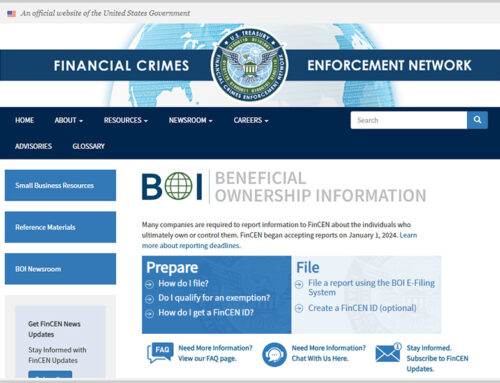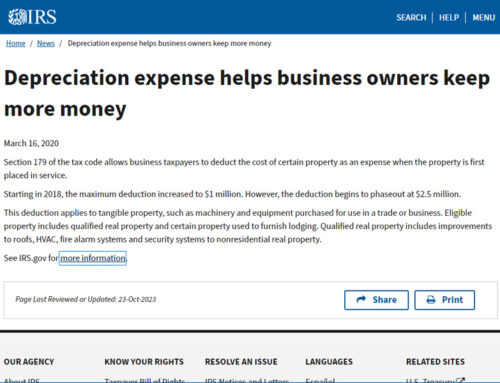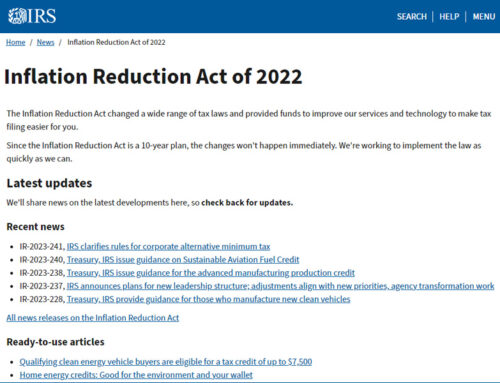The following is an article in the March edition of the Nat’l Association of Tax Professionals, TAXPRO Monthly:
Albert Lawrence Bomer represented himself in a strange case he brought to Tax Court involving the IRS’s disallowance of his claim for the Earned Income Credit, and the imposition of an accuracy-related penalty on his 2007 self-prepared federal income tax return.
During the 2007 tax year, Bomer resided at a maximum-security prison in Michigan, where he had lived since 1997 as part of a 40-year sentence. Bomer filed a 2007 federal income tax return and reported wages of $15,640 and claimed an Earned Income Credit amount of $4,667. Because of the circumstances of his residence and the lack of records indicating wages, the IRS determined a deficiency in Bomer’s 2007 income tax of $4,667 and an accuracy-related penalty under §6662(a) and (b)(1) of $933. Liability for the penalty was determined based on a disregard of the rules or regulations.
The earned income credit under §32 is based on a taxpayer’s qualifying income as defined under that section and includes wages, salaries, tips, and other employee compensation. However, §32(c)(2)(B) specifically excludes certain items from the definition of earned income. It provides that “no amount received for services provided by an individual while the individual is an inmate at a penal institution shall be taken into account” in determining a taxpayer’s earned income.
Although he was unable to tell the Tax Court how he earned the income, Bomer argued that the income he reported on his 2007 federal income tax return was not earned for work within the prison. The Court said it did not matter whether the income was earned working inside or outside a penal institution. The fact that Bomer had the status of an inmate at a penal institution for all of 2007 disqualified any income from being taken into account under §32.
Section 6664 provides an exception to the imposition of the accuracy-related penalty if the taxpayer establishes that there was reasonable cause for, and the taxpayer acted in good faith with respect to, the underpayment. The Tax Court ruled that Bomer did not have reasonable cause to believe that he was entitled to the Earned Income Credit. Additionally, he did not act in good faith and the Court upheld the assessment of the accuracy-related penalty under §6662.
Bomer v. Commissioner
TC Summary Opinion 2010-54


